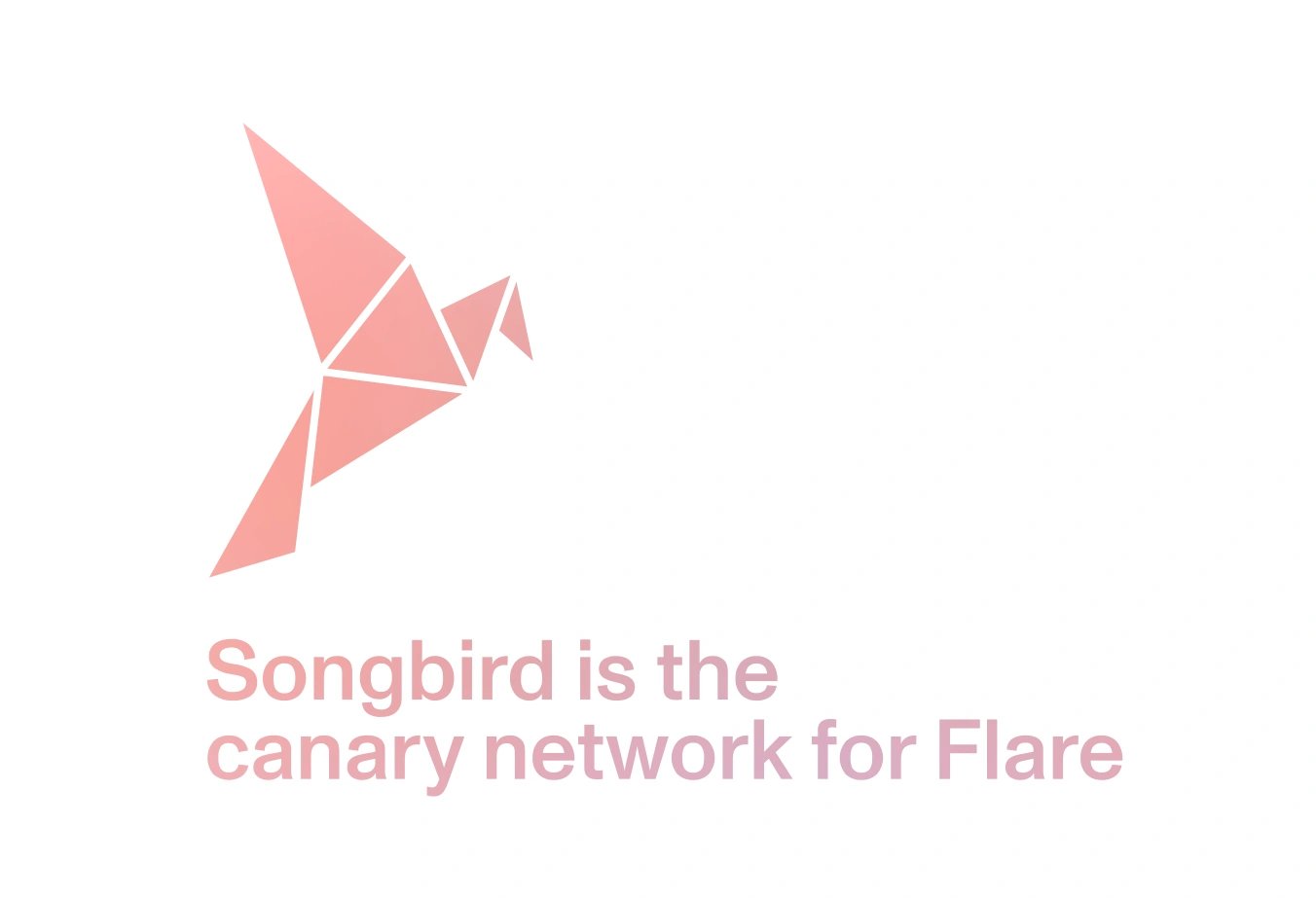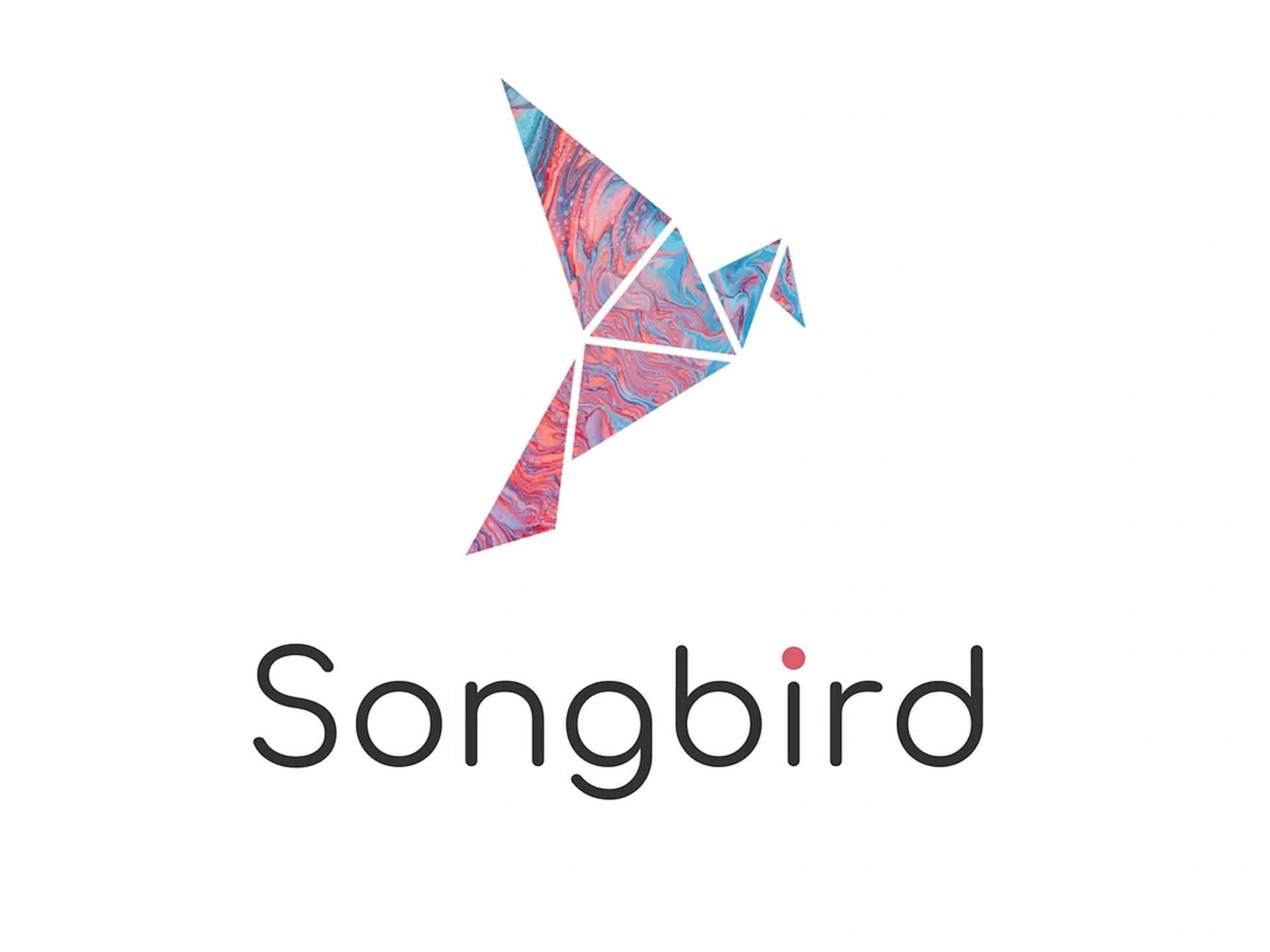Subscribe to wiki
Share wiki
Bookmark
Songbird (SGB) Token
The Agent Tokenization Platform (ATP):Build autonomous agents with the Agent Development Kit (ADK)
0%
Songbird (SGB) Token
The SGB Token, serving as the native cryptocurrency within the Songbird network, fulfills essential roles, including covering transaction fees, participating in network governance decisions, and facilitating interactions with Songbird's applications.[1][2]
 Token Distribution
Token Distribution

The SGB Token, with a total supply of 15 billion tokens, operates independently of Flare Governance and follows an inflation schedule: 10% in the first year, 8% in the second year, and 5% from the third year, capped at 750 million tokens annually. In December 2020, a snapshot captured XRP holdings, with users receiving 0.1511 SGB for every 1 XRP token and a corresponding amount of FLR tokens. In September 2021, the entire SGB supply was airdropped to eligible users. SGB's value is expected to gradually decouple from FLR and XRP within the Songbird network.[1]
Utility
Distributed to all FLR recipients, this token assumes a crucial position in governing matters, particularly with regard to the integration of additional chains, pricing mechanisms, and FAssets within the FTSO and FAsset protocols.[1][2]
Governance
Songbird serves as the lower chamber in Flare's bicameral governance system, allowing community proposals and voting. Approved Songbird proposals can be considered for implementation on the Flare network by the Flare Foundation. To streamline decision-making and prevent overwhelming the Flare community, Songbird acts as a filter for governance proposals. There are four governance proposal periods annually on Songbird, where candidates can be submitted. Users stake SGB on these candidates, and the proposal with the most stake becomes an FIP if valid, subject to Flare Token holder voting.
Songbird Test Proposals (STPs) are automatically approved unless specific conditions are met. Initially, the Flare Foundation proposes STPs, with future provisions for community participation. Proposals undergo a notice period, followed by a voting period. After voting, results can be automatically implemented. Different proposal types with unique acceptance criteria are supported by the portal, intended for future use.[3][4][5]
See something wrong?
The Agent Tokenization Platform (ATP):Build autonomous agents with the Agent Development Kit (ADK)
